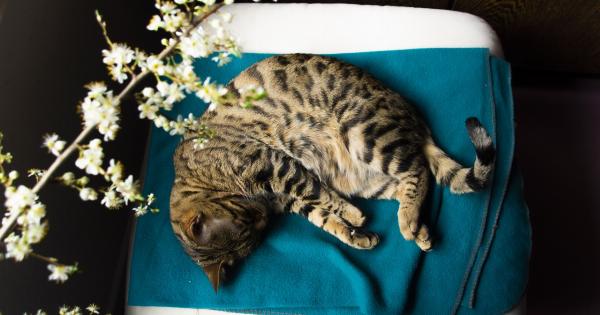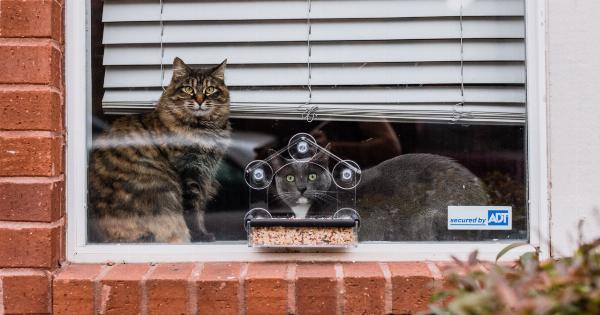Cats are fascinating pets that can sometimes seem to understand us better than we understand them. When we talk to other people about our cats, it’s natural to wonder if they understand what we’re saying.
Do cats really know when we’re talking about them?.
Do Cats Recognize Their Names?
One way to answer this question is to look at how cats respond to their names. Studies have suggested that cats do recognize their own names, and will often turn towards the speaker when they hear their name called.
However, cats may not necessarily associate their name with a sense of self like humans do. Instead, they may recognize their name as a sound that often signals attention or food. In other words, they may not understand the specific meaning of their name, but they know that it’s associated with something good.
Understanding Human Language
While cats can’t speak our language, they are able to pick up on certain words and phrases. This is why we often see cats come running when we open a can of their favorite food, or when they hear the sound of their toy being shaken.
They’ve learned to associate these sounds with specific actions or outcomes.
However, it’s important to remember that cats don’t understand the meaning behind most of our words.
When we talk to our cats, they may pick up on the tone of our voice or other nonverbal cues, but they won’t understand the words themselves. For example, saying “good boy” to a cat won’t have the same meaning as it would to a dog, who is more likely to associate the phrase with positive reinforcement.
The Role of Body Language
Instead of focusing on words, cats are more attuned to body language and other subtle cues. They may pick up on changes in our tone of voice, the way we move our hands, or even the position of our eyebrows.
For example, a cat may quickly learn that a certain type of body language means that a belly rub is coming, even if they haven’t heard any specific words.
Do Cats Get Jealous?
When we talk about our cats, we may also wonder if they understand when we’re talking about other cats. Research has suggested that cats may indeed feel emotions like jealousy, as well as other complex emotions like fear and happiness.
They may also be able to pick up on the emotions of people around them, especially their owners.
Conclusion
While cats may not understand the words we say, they are still able to pick up on our emotional cues and body language. They may also recognize certain sounds and associate them with specific outcomes.
So the next time you talk about your cat, remember that they may not understand every word, but they’re still paying attention.




























